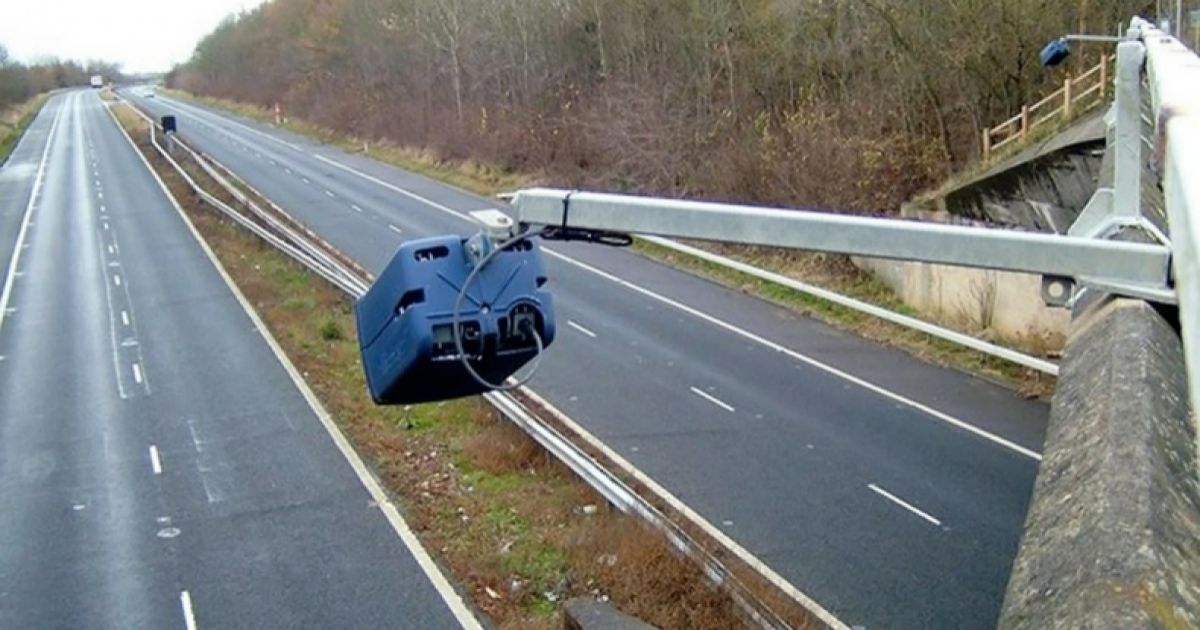The report makes the observation that fuel duty doesn't get spent of roads, but notes how it's contribution to the exchequer has equivalence to the spend on policing, education and the armed forces. As there is no strong causal link between the two, I don't really see why there should be the same taxation based on mileage. The country needs these services, and we don't charge for them based on usage, they should be funded from income and corporation taxes. These are far fairer as individual elements are based on people's ability to pay rather than their need to travel, distribute that cost to those of us that are higher tax payers. Why should needing to travel become something that needs wealth, that sounds very regressive.
In total, I think that what's missing is that the government should have an active strategy to reduce the number of journey that people need to make, that has the most direct potential to save carbon emissions, avoiding building new infrastructure that is hugely expensive in money and carbon, and would increase the time available for economic activity (no one is making money during travel).
Ban office blocks, we know we don't need them anymore, introduce more flexible hours for the types of premises that still need to exist such a manufacturing, schools, hospitals etc. so we can then easily live within the roads we already have rather than the current madness where everything is scalled to allow all working people to move from home to work by 9am then home at 5:30pm each day.



